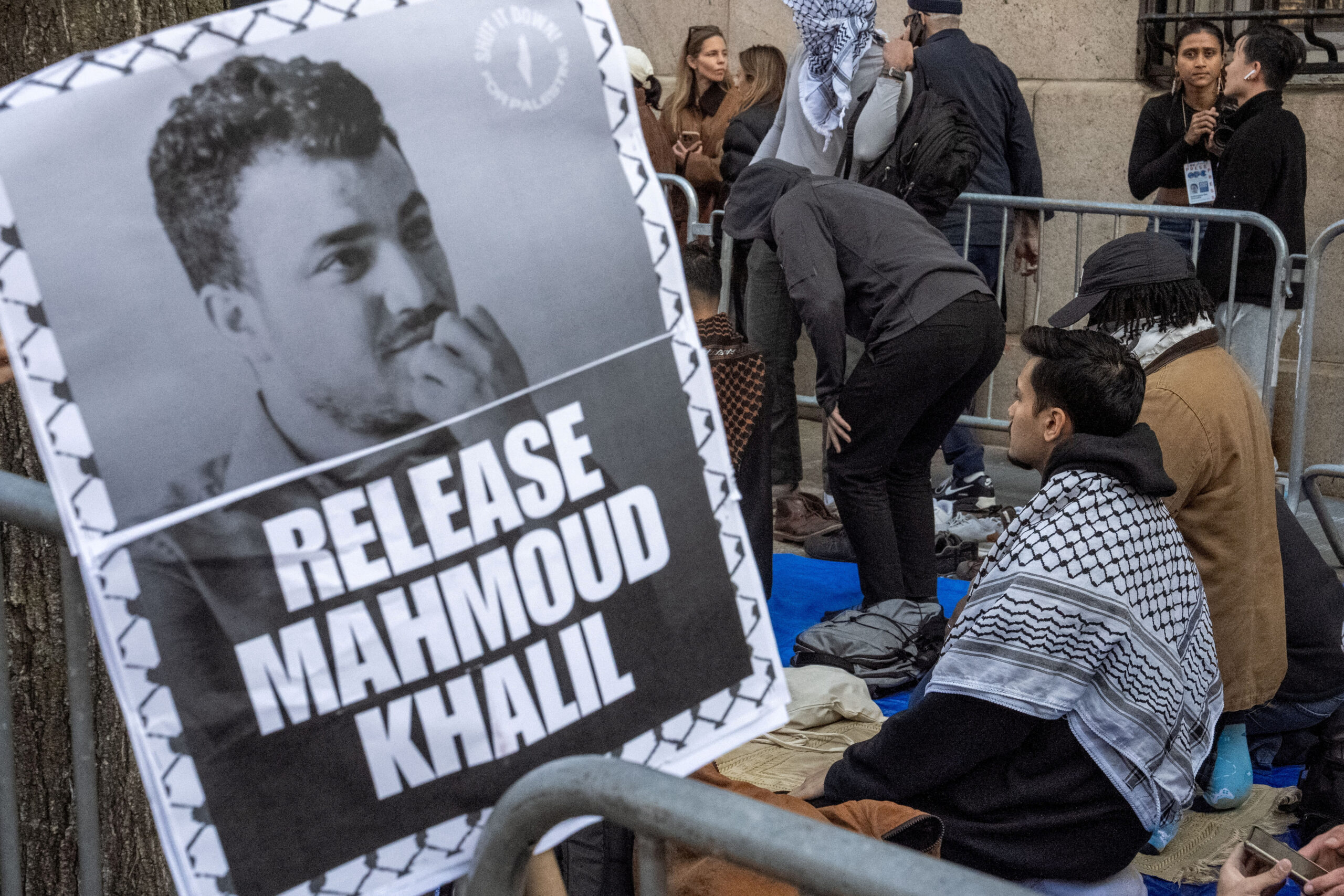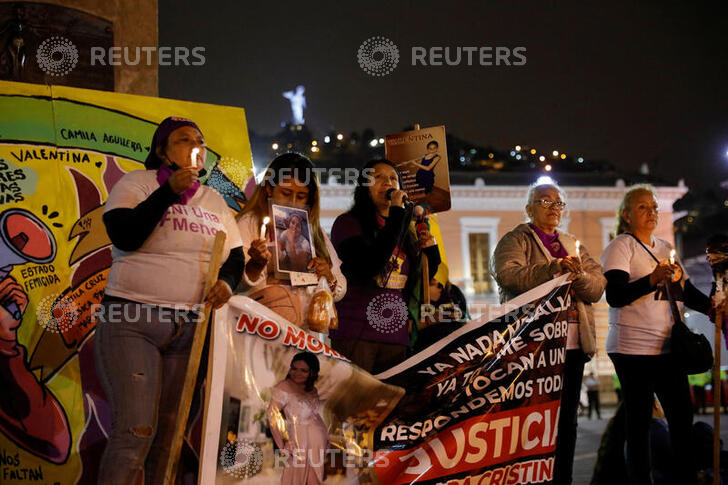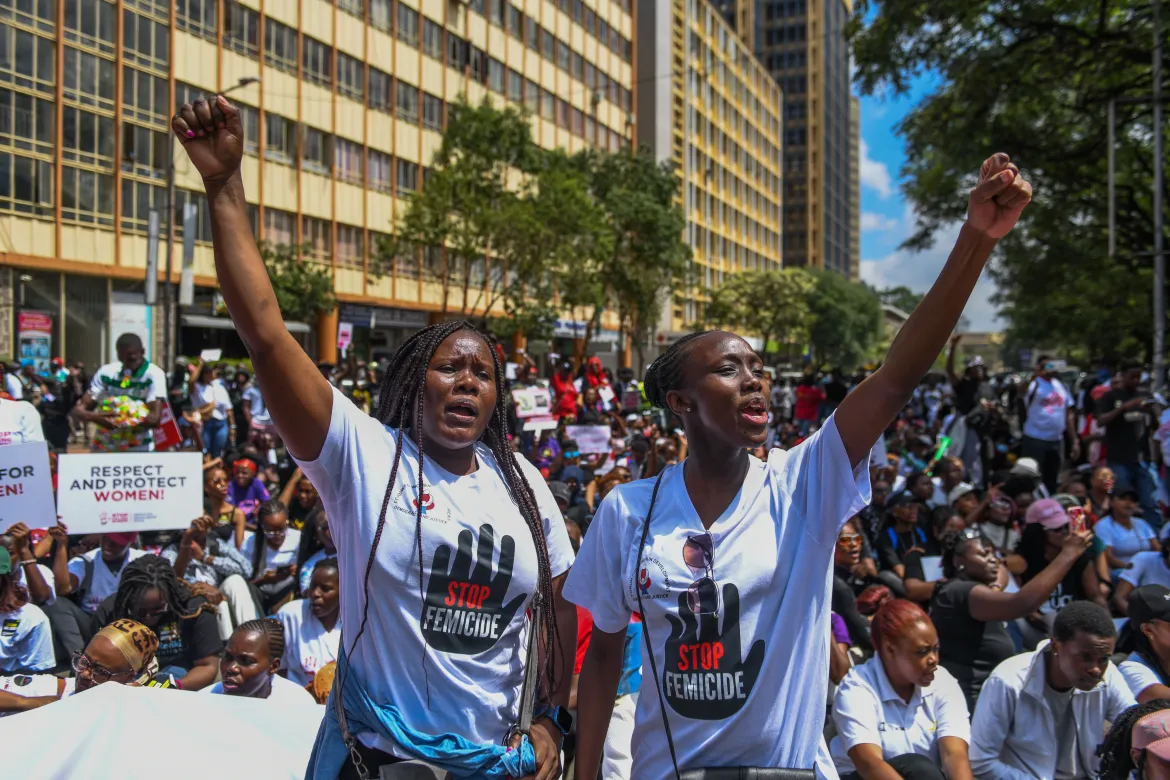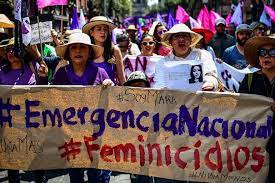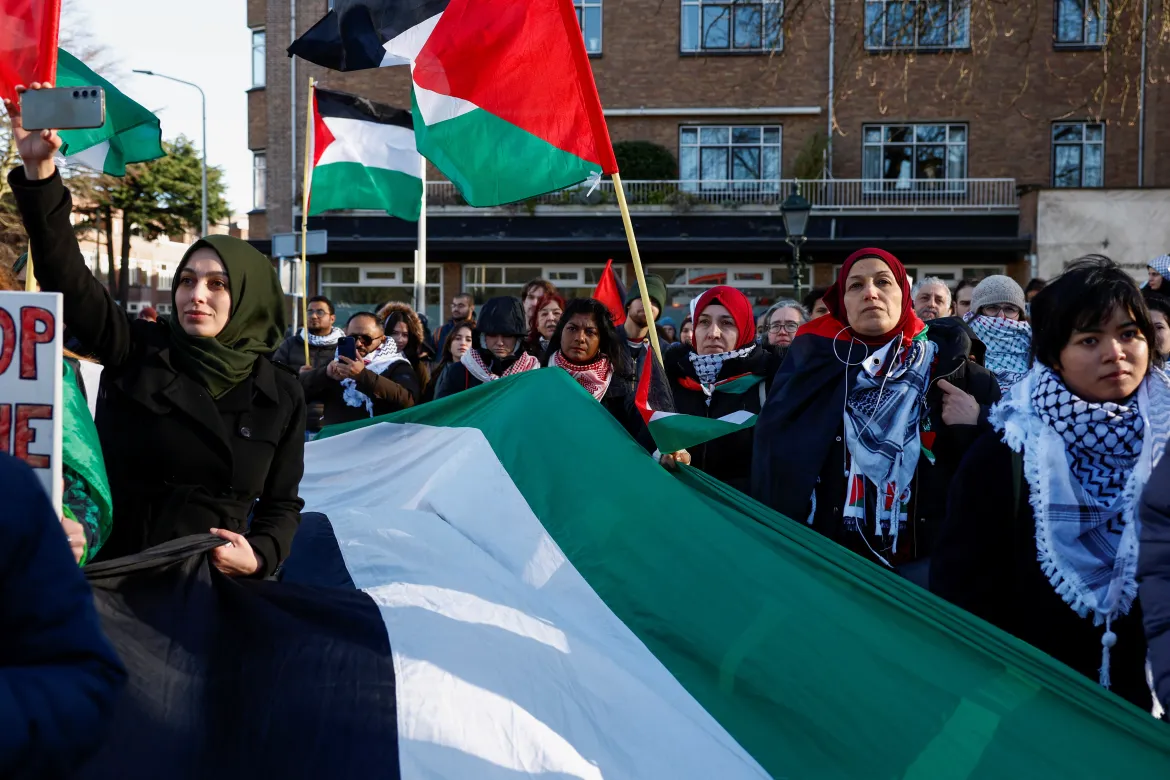Being African in India: ‘We are seen as demons’
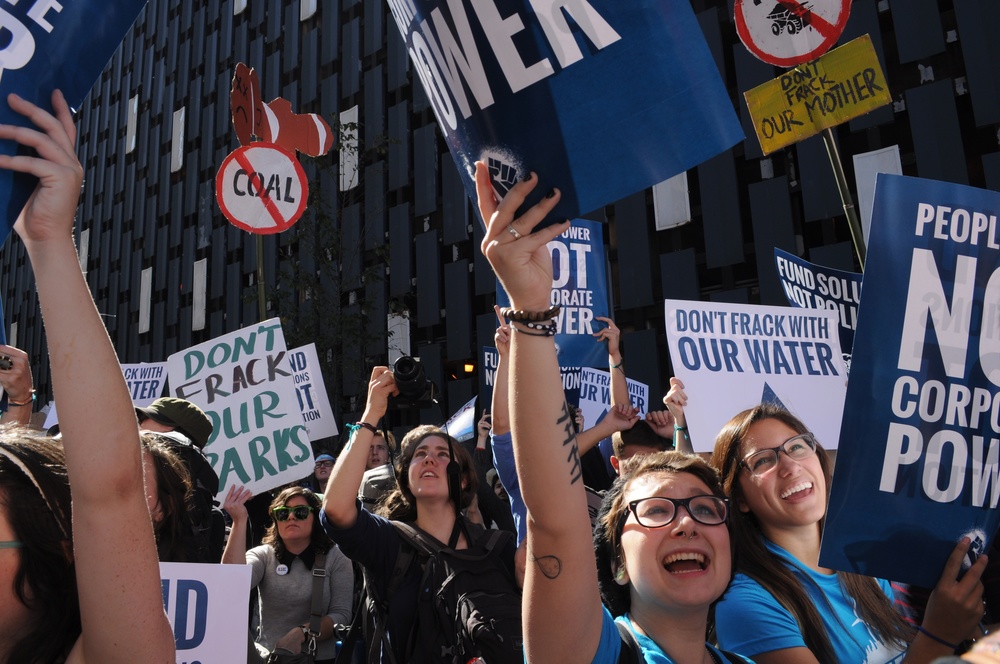
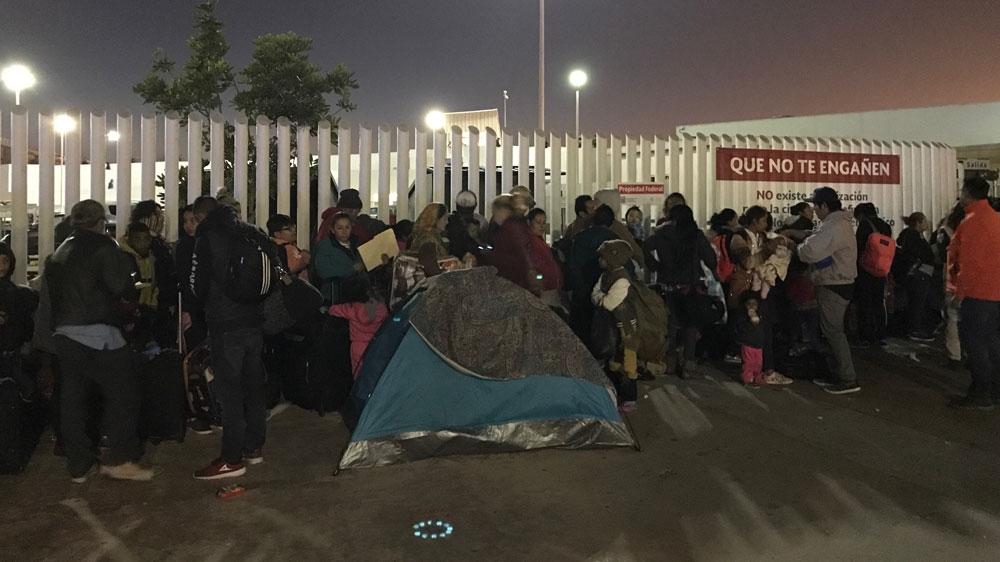
Noida International University, one of five private universities in the city attracting students from all over the world, is another 20 minutes’ drive by bus or auto rickshaw along a newly constructed expressway, surrounded by barren fields and opposite a Formula 1 racing circuit that was built in 2011.
A friend from Nigeria, who was already in India, found his current house for him. The ground floor is also rented out to a student from Nigeria.
“My landlord is an extremely good person,” Zaharaddeen says. Although he has had some bad experiences with Indian people, many of them are good, he stresses. And he doesn’t want to generalise.
“That would be a huge mistake. Because it is Indians often generalising about all people from Africa that makes us feel unsafe.”
‘Followed and harassed’
Zaharaddeen was supposed to coordinate transport for the students from Greater Noida wishing to attend the rally, but it was cancelled when the student leaders and diplomats were invited for talks at the Ministry of External Affairs and the police commissioner made commitments to ensure their safety.
After that, Delhi police organised several community meetings with residents from African countries and their Indian neighbours and landlords.
Zaharaddeen attended one of the meetings in Chattarpur in southwest Delhi, an area full of narrow alleys popular with students.
“It was very useful,” he says. “Both sides got to raise their issues.”
African residents spoke about the difficulties they often have in finding accommodation.
“When landlords find out where you are from, they just say ‘no’,” explains a female student, who asked us not to reveal her name or nationality for security reasons.
“I don’t want to be targeted. Even when people ask me at parties where I am from, I often lie … you never know who you are speaking to. You might be followed and harassed.”
She used to live in an area similar to Chattarpur and says she was evicted by her landlord without any notice. “Even if they rent out their place to you, they remain suspicious and start asking for the rent halfway through the month. I was late with paying once and was told to leave immediately.”
Rohtas, a young broker who mediates between landlords and potential tenants, says he often gets requests not to show houses to “black people”, because they’re presumed to deal in drugs and be involved in other criminal activities.
And its not just landlords who think like that, the female student explains. “Shopkeepers often check the money I give them to make sure it is not fake,” she says.
“It is rude and unfair. We are a happy, cheerful people. But in India we just get angry.”




